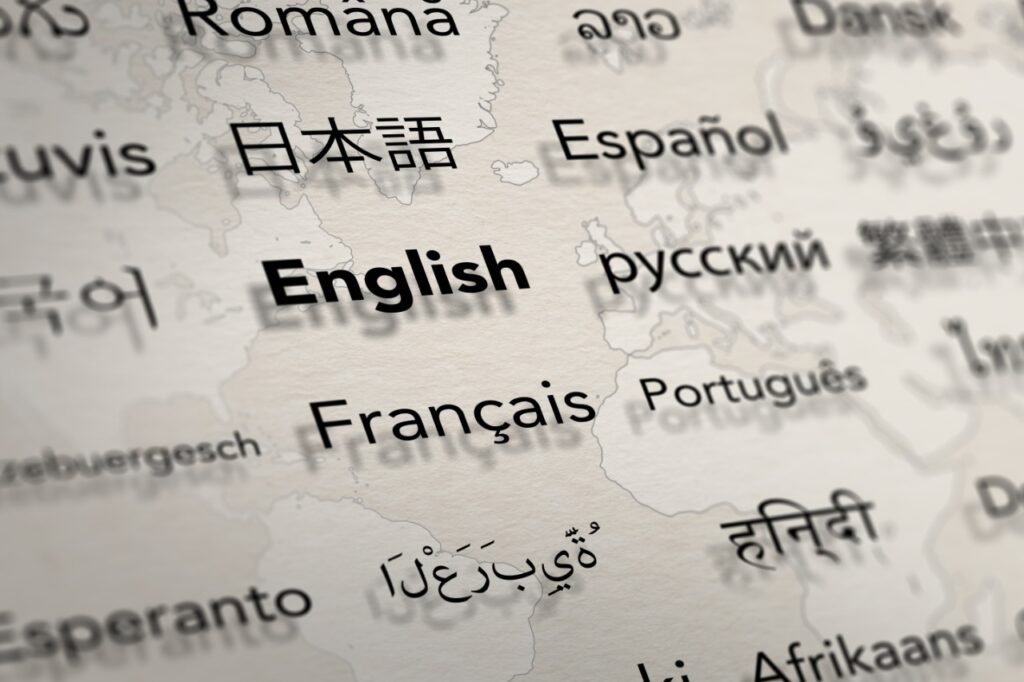Why is legal translation important? Let us know more about the importance of legal translation through this digital report from ATS press.
Legal translation is one of the largest and fastest-growing sectors in the country. Orders for translation businesses and expert translators are increasing. They translate contracts, powers of attorney, as well as a variety of other documents. What “particular legal translations? Who are the most in need of them? What is the significance of legal translation?
Contents
- 1 What is the definition of legal document translation?
- 2 What is required for legal document translation?
- 3 What is the purpose of legal translation?
- 4 Why is legal translation important?
- 5 What characteristics distinguish legal language?
- 6 What are the perks of legal translations?
- 7 Who Can Do Legal Translation?
- 8 Why are translation services required in Dubai?
- 9 Why is the ATS office in Dubai critical to your company?
- 10 What distinguishes it from other types of translation?
What is the definition of legal document translation?
What is the definition of Legal Document Translation? Legal document translation refers to converting legal materials from one language to a different one while retaining their actual intent and getting ready to be used in a court of law.
What is required for legal document translation?
Employ a legal expert proficient in both the original language of your legal document and the language into which it will be translated.
What is the purpose of legal translation?
Legal translations are used when a person does not speak a region’s official or legal language. This is especially common when individuals relocate and may need to be more fluent in the language of their new country. Still, they have to fill out a significant amount of legal paperwork.
Also Know: What is the legal translation in English?
Why is legal translation important?

There is no other kind of translation more important than legal translation Dubai. Nothing is by chance in this type of translation. The translation must be performed with extreme precision. More specifically, good legal translators in Dubai must preserve 100% precision.
There is no room for linguistic errors or misreadings in translations. Lawful translators must be familiar with the various meanings of certain words and phrases. An incorrect translation can have severe repercussions.
This takes little to make a mistake; sometimes, the significance of a sentence changes due to grammatical errors. Professional language learners must have excellent language skills and awareness of legislation, including those of the country in question.
Also Know: What is a legal translation?
What characteristics distinguish legal language?
Legal language is distinguished by its relatively complex syntax, complex sentences, numerous complex sentences, and much less punctuation than is customary. The context always determines the terminology used. Interpreting is not permitted. Translation process and colloquial language have absolutely nothing in prevalent.
Specialists must avoid over-translation. They must understand that there are better ideas than including redundant data that did not appear in the source text. On the other hand, they must recognize all pertinent information.
Also Know: The importance of Accurate legal translation in Dubai
What are the perks of legal translations?
The most apparent purpose of legal translation is when an individual does not speak a particular area’s legal or formal language. We could assume that the individual relocated abroad and needs to be more fluent in the language of their new country. This individual will almost certainly be required to fill out numerous legal documents.
Anyone who works with an agreement written in a different language would then require an accurate translation. Because of the language barrier, a person who deals with a particular country’s judicial and judiciary systems will need legal translation services.
Who Can Do Legal Translation?

Legal translations are challenging to complete, and translators play a crucial role. You may wonder why. Because the law in its totality impacts every aspect of our lives, from signing an agreement with a new employer to accepting the policies and circumstances of a corporation, translated court papers describe what a person, government, or company can or cannot do.
We are legally obliged to any portion of documentation that bears our fingerprint. A language teacher with the necessary skills must translate our paperwork. Alternatively, we may find ourselves in a difficult situation.
Why are translation services required in Dubai?
It can be challenging to comprehend the legal aspects of the paperwork associated with a specific procedure. As they are known, constraints could take the form of lawful formats and the files implicated. Once you hire our legal translation services in Dubai, our certificated team of experienced translators accurately translates the document’s language from one to the other.
Why? Because there are many legal implications engaged in the foreign jurisdiction, maintaining the message hundred percent unique is a requirement that other translation businesses do not adhere to.
Also Know: Why Dubai is the middle eastern hub of Translation
Why is the ATS office in Dubai critical to your company?
Because our office has been certified and authorized by the Ministry of Justice, it is simpler for us to perform and for you to rely on our translation services in Dubai.
The continuity of the document once translated from one language to another is another crucial element in such a translation process. It is particularly critical when it comes to your court papers, which have a specific flow. Because many legal documents fall under the long prose category, they are well aligned to manage translation services in Dubai.
What distinguishes it from other types of translation?

It is critical to note that there are some technical distinctions between frequent translation and legal translation services. Numerous terminologies used in lawful translations are unique to the judicial process. Before working as a professional, a legal translator should finish appropriate legal instructions.
They should be fluent in both the target and source languages. Furthermore, they should be well-versed in at least two judicial systems. Each lawful translator must be familiar with legal speak, which is not difficult to comprehend. A great legal translator is only for some. Knowledge takes a lot of effort and necessitates a wide range of abilities.
How legal documents are formatted
Another distinction is that lawful translators must understand how to lay out documents due to the legal context. They cannot be formulated and submitted to the official body. It’d be unthinkable. When we compare legal and frequent translations, we can see a significant difference because, in the case of standard translations, there is no requirement to structure the substantial part of source documents in a particular manner.
Cultural and language differences
A lawful translator’s job is to oversee the translation process from beginning to end. Professional translators must be capable of conveying meaning.
Unlock the power of accurate legal communication. Learn why legal translation is crucial. Contact us today for professional legal translation services and ensure precision in your documents.



